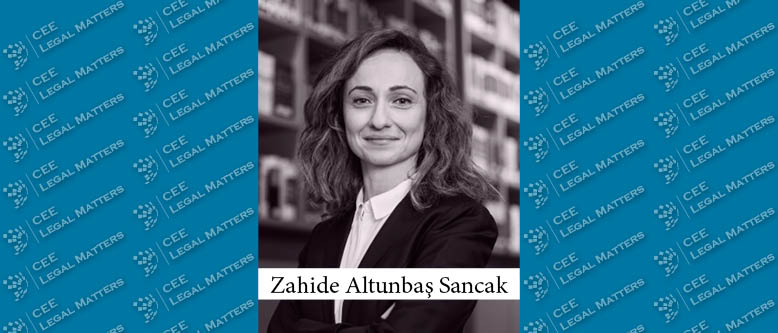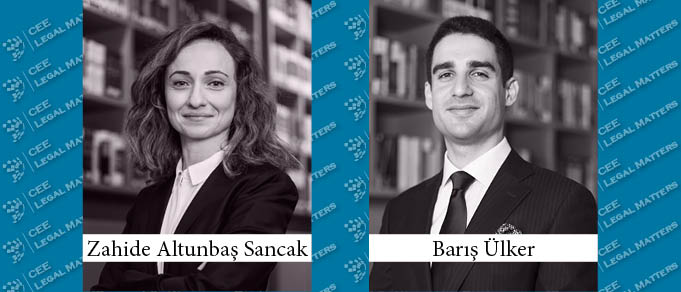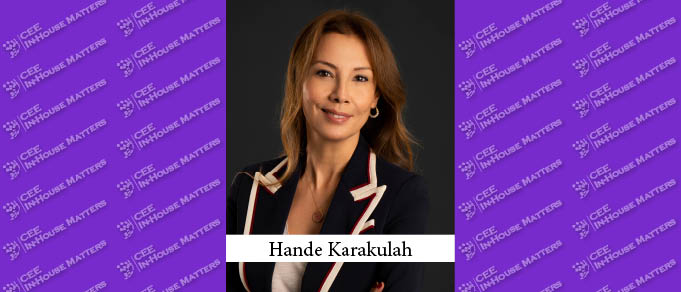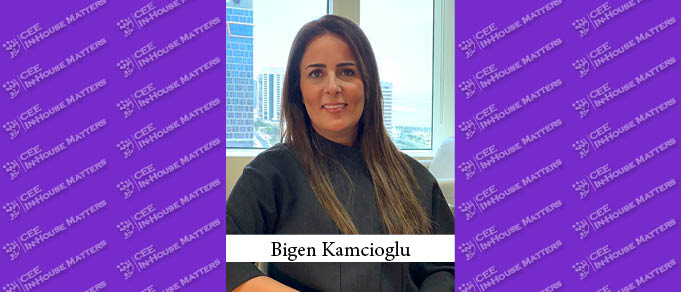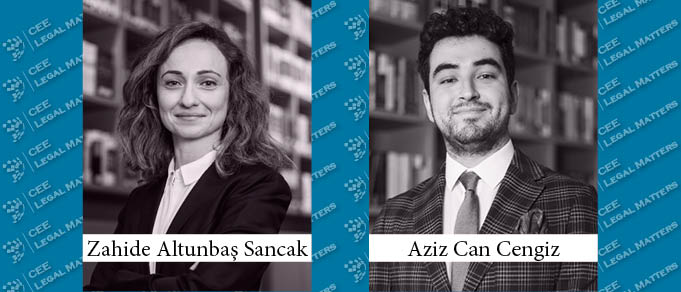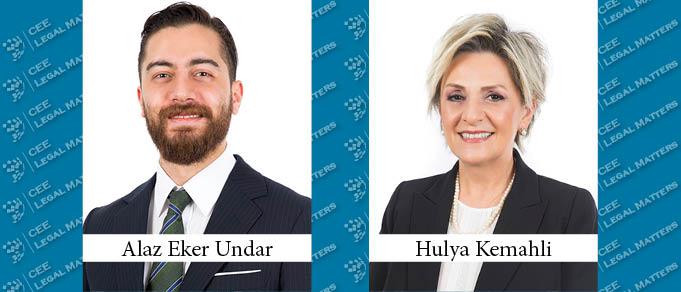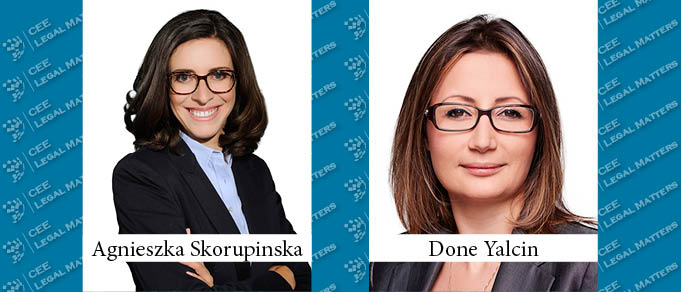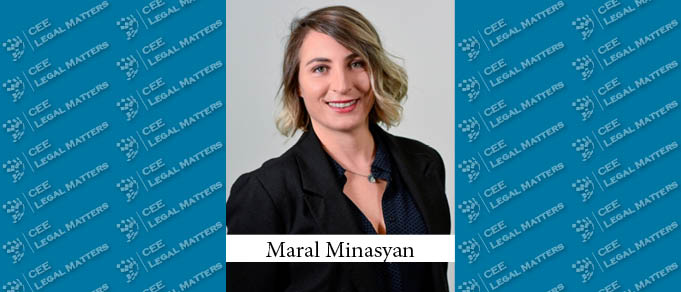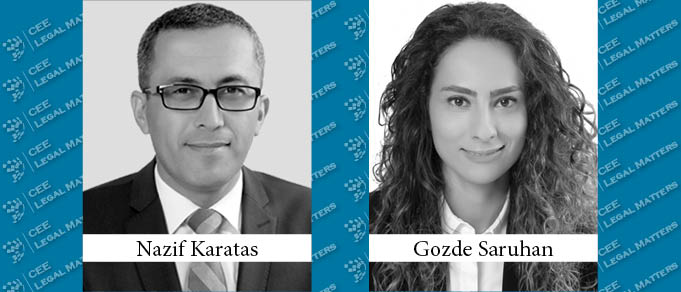One of the most important inventions of the 21st century is undoubtedly the COVID-19 vaccine, with respect to its affirmative effect on public health. Before its invention, humanity had been battling a substantial rise in the number of COVID-19 cases, and the vaccine managed to raise hopes of controlling the pandemic. Likewise, Turkey, especially the Turkish Ministry of Health, has taken a lot of steps towards having individuals become more conscious of the importance of vaccination, in an effort to decrease the number of cases. Recently, the total number of shots administered has reached more than 119 million.
Liabilities of E-Commerce Platforms in Light of Recent Court Decisions in Turkish Law
An intermediary service provider is defined in Law No. 6563 on the Regulation of Electronic Commerce ["E-Commerce Law"] as "natural or legal persons that provide an electronic environment where others can conduct financial and commercial activities.” Electronic commerce platforms such as n11, Trendyol, GittiGidiyor, and Amazon, which are among the most important actors of electronic commerce today, are included in this definition under our legislation. In essence, these platforms mediate the contract's conclusion and performance by bringing buyers and sellers together via the internet. In this article, the liabilities of e-commerce actors as "intermediary service providers" will be discussed in light of recent Court of Cassation decisions.
The Application Time-Limit to The European Court Of Human Rights Is Now 4 Months
Pursuant to the Protocol No. 15 amending the European Convention on Human Rights ["ECHR / Convention"], the time-limit for the application to the European Court of Human Rights ["ECtHR"] was reduced from 6 months to 4 months, effective as of February 1, 2022. Accordingly, once remedies available as per domestic laws are exhausted, the application should be filed with the ECtHR within 4 months following the final court judgment. Having said that if the court decision was adopted before February 1, 2022, the ECtHR application based on this decision will still be subject to 6-month time-limit.
The Unstoppable Rise of Fintech and the Competing Efforts of Authorities to Catch Up: The Turkish Competition Authority Published its Analysis Report on Fintech
On December 9, 2021, the Turkish Competition Authority (“Authority”) published its report entitled “Analysis Report on the Financial Technologies in Payment Services” (“Report”) which evaluates the effect of the use of financial technologies (“Fintech”) in the financial sector, the obstacles to innovation and competition in the relevant markets and the entry of big technology (“Big Tech”) companies (e.g., Facebook, Amazon, Google, Apple) into the market. The Report notes that Fintech includes: (i) innovative products and services that emerged in the financial sector as a result of the radical technological transformation, (ii) new entrants other than the incumbent players that offer these services, and (iii) Big Tech companies which started to offer financial services.
New Regulation in Turkey Regarding the Electronic Inquiry on Assets, Rights and Receivables of Debtors
“Regulation on the Principles of the Asset, Right and Receivable Inquiry on the National Judiciary Informatics System” [“Regulation”] was published in the Official Gazette dated January 22, 2022 and entered into force on the same date. The Regulation basically sets forth the procedures and principles regarding the inquiry of the debtor's assets, rights and receivables via the information systems integrated into the National Judiciary Informatics System [the so-called "UYAP"].
Turkey: Means to Acquire a Target
Although it is the first thing that comes into mind, share acquisition is not the only way to acquire a target. Turkish laws allow acquisitions to be completed through a number of other methods such as asset acquisitions, business acquisitions and merger, depending on preference of the buyer. This article will explain the processes for the acquisition methods concerning joint-stock and limited liability companies covering the requirements for valid acquisitions and matters to consider.
Law Proposal Amending Turkish Internet Law
A new law proposal amending certain provisions of Law No. 5651 on Regulation of Broadcasts via Internet and Prevention of Crimes Committed through Such Broadcast and Turkish Criminal Code is submitted before the relevant commissions of Grand National Assembly of Turkey (“TBMM”) and has been published on TBMM’s website on February 3, 2022.
Hande Karakulah Joins L'Oreal as Legal & Scientific Director
Hande Karakulah has joined L'Oreal as Legal & Scientific Director in Turkey.
Turkey: Independent Board Members
Corporate governance principles are essential in order to protect benefits of minority shareholders and investors. Appointment of independent members is one of the most important elements that ensure proper implementation of the corporate governance principles. As a part of corporate governance principles regulated under the capital market legislation, independent board members must be appointed by the companies who are expected to objectively supervise the company and enlighten the public if necessary. It is important to have an independent member who will execute his/her duties without being influenced in order to create reliable cooperation.
Earn-Out: Price Adjustment Method in Share Purchase Agreements
Purchase price is invariably among the most contentious points during the negotiation phase of an M&A transaction. Especially in cross-border transactions, the buyer may wish to minimise risks by opting for alternative payment methods. One is these methods is “earn-out,” where a part of purchase price will be calculated by reference to the future financial performance of the target company. Statistics pertaining to the year of 2020, indicate that earn-out clauses were used in around 27% of the acquisitions concluded in the United States. Also, earn-out clauses are frequently being used in share purchase agreements concluded in Europe. This is especially the case in deals involving start-up companies, where the uncertainty increases on the factors of target company's future performance and the buyer does not have any in-depth market experience.
Bigen Kamcioglu Joins Katara Hospitality as Legal Manager
Bigen Kamcioglu has joined Katara Hospitality, the hospitality arm of the Qatar Sovereign Wealth Fund, as its Legal Manager.
FX-Protected Deposit Accounts in Turkish Banking Legislation
Since the President's speech on December 20, 2021, "FX-Protected Deposit Accounts" have been at the forefront of talks on banking and finance applications. The instrument, of which the legal foundations were laid with Communiqué No. 2021/14 on Supporting the Conversion of Turkish Lira Deposit and Participation Accounts ["Communiqué"] published in the Official Gazette immediately following the speech, on December 21, 2021, found an ever-expanding field of application with amendments adopted in the following days and finally took its final form. In this article, we will examine FX-protected deposit accounts with their legal basis.
ESG – Turkish Banking and Capital Markets Sector in 2021
It has been an interesting, fruitful, and innovative year for the Turkish financial sector. Most importantly and possibly surprisingly, the Turkish financial regulatory authorities are at full speed in implementing a legal framework to support a more sustainable Turkey.
Reimagining Industry
CEE Legal Matters spoke with CMS Partner and Head of Environmental Law Practice in Poland and CEE Agnieszka Skorupinska and CMS Turkey Managing Partner Done Yalcin about the impacts of the EU Green Deal and the rise of ESG in Europe and beyond.
Maral Minasyan Makes Partner at Kolcuoglu Demirkan Kocakli
Former Counsel Maral Minasyan has been promoted to Partner at Kolcuoglu Demirkan Kocakli, as of January 2022. She leads the firm’s Employment Law and Data Privacy Law practices.
Nazif Karatas and Gozde Saruhan Berk Make Partner at Nazali
Nazif Karatas and Gozde Saruhan Berk have been promoted to Partner at Nazali.
Turkey: How to Change Company Type
Companies, for various reasons such as tax benefits, liabilities and as may be required by authorities, may decide to change their legal types. Turkish corporate law allows companies to change their types in accordance with Article 181 of the Turkish Commercial Code No. 6102 (the “TCC”) which sets forth which company types are allowed to convert into another.
Turkish Data Protection Authority’s Draft Guidelines on Cookies
The Turkish Data Protection Authority (“DPA”) has published Draft Guidelines on Cookies (“the Draft Guidelines”) on January 11, 2022, providing explanations on cookies and practical advices for data controllers who process personal data through the use of cookies.


